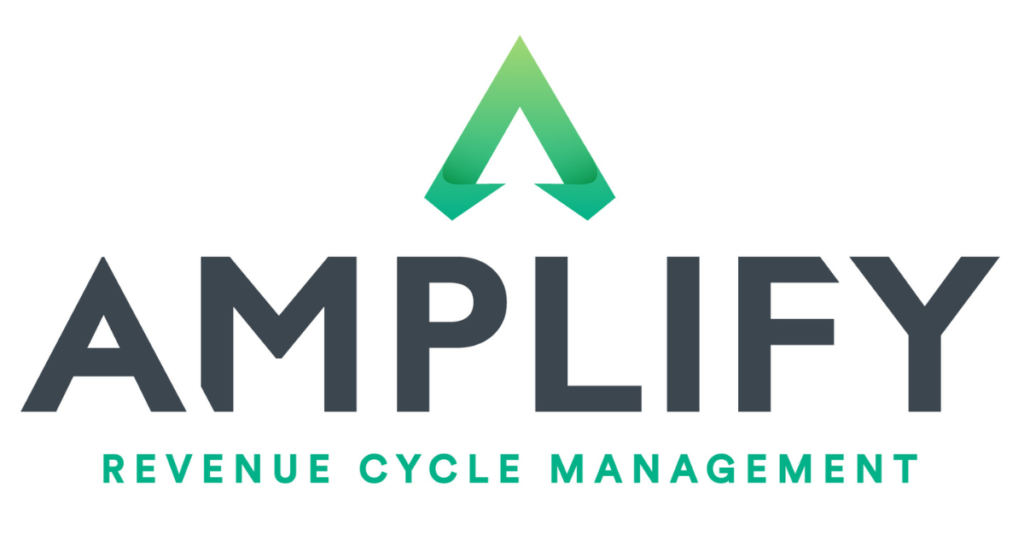At the risk of understating the obvious, leading a successful, independent hospital is extraordinarily challenging these days.
As Ed Yong wrote in The Atlantic,
“The healthcare system is still in crisis mode. The ordeals of the past two years have tipped the system—and its people—into a chronic, cumulative state of overload that does not fully abate in the moments of respite between COVID waves.”
Undoubtedly, hospitals continue to feel the impact of the COVID-19 pandemic, and I believe they will for the foreseeable future.
- Shortages are the new norm, whether it’s infant formula, tampons, contrast dye for CT scans or experienced hospital staff.
- Cost increases also are the new norm.
A recent Kaufman Hall report shows hospital labor costs jumped 35 percent in the past few years. Nursing shortages led to the use of staffing agencies which, in turn, have driven wages higher. - The end of provider relief funds, the American Rescue Plan of 2021 and related programs means hospitals no longer have the safety net that was available to them during the height of the pandemic.
Hospital Revenue Cycle Management: The Pandemic Exacerbated Pre-Existing Challenges
Some pre-COVID challenges in hospital revenue cycle management have been exacerbated by the pandemic, including:
- Rising DNFB: Many hospitals are experiencing an increase in DNFB due to an inability to find qualified coders. Short for ‘discharged not final billed,’ it refers to the ratio of accounts held for billing – mostly related to invalid, inaccurate, missing or delayed coding or data.
- Shortage of Trained Front-End RCM Staff: Many organizations are unable to attract and retain staff for the front-end of hospital revenue cycle management, a process made even more challenging when Walmart, Dollar General and other retailers are offering starting pay that’s as much as $5 an hour more than the local, independent hospital.
- Undereducated front-end staff that fail to collect the appropriate demographics or complete health plan information can result in issues obtaining authorizations for treatment, preventable insurance denials and/or underpayment.
- A lack of front-end training can also lead to missed opportunities to collect from patients at the time of service or arrange for future payments, leading to less cash collected as well as poorer patient experience.
- Higher Denial Rates and Payment Delays. Hospitals are leaving money on the table, primarily for two reasons:
- The inability to focus on denials and claims follow up due to skills gaps and leaner RCM teams, and
- The acceptance of smaller payments just to be able to quickly move on to the next patient account on a list of hundreds or thousands.
Higher denial rates and payment delays can, in turn, decrease payer yields.
To learn more about the importance of increasing payer yields, I encourage you to read a recent blog by my colleague, Wanda Wright. Click here.
- Changing Payment Methods. While the move to value-based care is slower than anticipated, many independent, community hospitals struggle to stay abreast of changing requirements and regulations.
Hospital Revenue Cycle Management: Don’t Go It Alone
Independent hospitals are increasingly choosing organizations like Amplify.
In contrast to too many independent hospitals who lack seasoned rev cycle professionals, Amplify has been, and continues to be, successful in recruiting and retaining qualified people. We combine our trained professionals with coding expertise and our proven rev cycle methodology to deliver results. We focus on high balances and accelerating cash collections on aged receivables, leading to lower net days in accounts receivables and higher days cash on hand.
Just ask chief financial officers like Lucien St. Onge, who said:
“Initially, I was skeptical Amplify could help. But they’ve done a remarkable job improving Abbeville’s processes and helping us to collect an additional $1.1 million in the first year. With Amplify, I am confident we’re going to continue to improve our revenues and our bottom line.”





